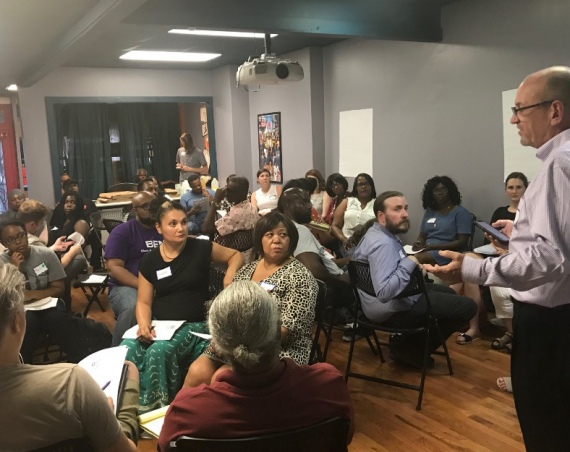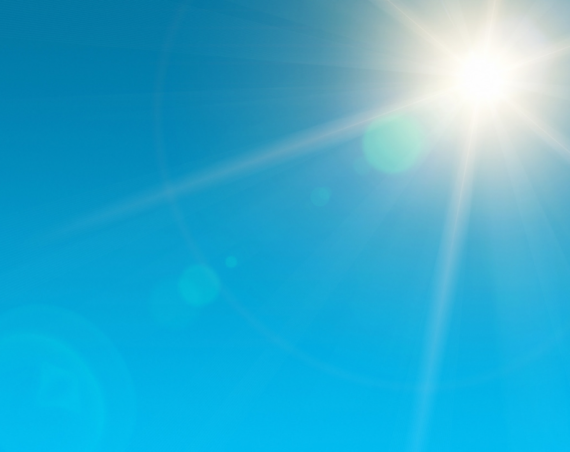In the past two decades, social isolation has increased for many reasons, lessening the number of spaces people can connect. However, ensuring safety and inclusivity in “third places” could be the key to rebuilding the lost art of socializing.
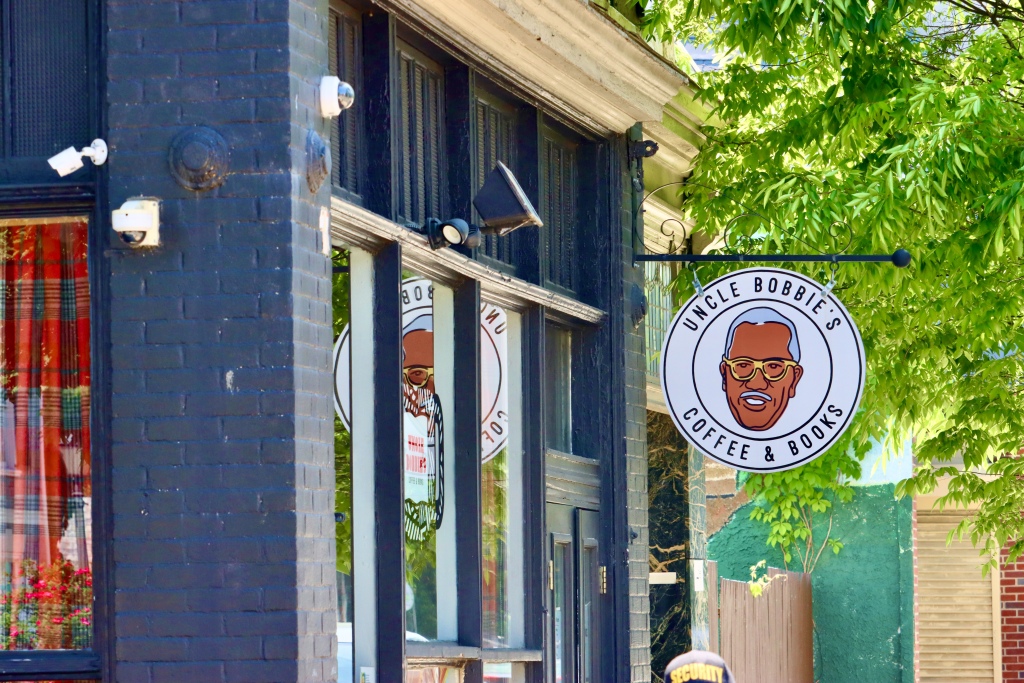
Public health researchers say we are spending less time socializing with others since 2003 and that social isolation has increased in that time. There are many possible explanations for this, whether the social distancing caused by the global COVID-19 pandemic or the growth in popularity of online apps and websites over the decades.
As a direct result of those above and other factors, we have also seen a decline in the spaces where people find good conversation and exchange ideas (and if you’re me — ”ear hustling,” as my family would call eavesdropping). These places don’t come first or second in your life but third. But don’t count them out because of their ranking — these places are vital to building community.
“Third places,” often called “third spaces,” are social settings outside home and work. Executive director of Center in the Park, a third place with activities for aging adults, Renèe Cunningham, expressed the essential need for them outside your first and second places.
She said, “You have to get out of the house. You have to get out of your home (first). You can’t spend all of your time at work (second). So, third places really offer you the opportunity to explore your creativity [and] interact with other people.”
These spaces include, but aren’t limited to, bars, cafes, barber shops/hair salons, religious institutions, clubs, parks/playgrounds, green spaces, libraries, gyms, and even stoops. They are different concepts and infrastructures but share the same mission: to activate and communicate.
Different spaces serve different demographics of people and their interests. Vanessa Chandler, co-organizer of the quarterly Germantown Art & Sound Showcase, co-signs this sentiment, discussing the significance of diversifying the kinds of places.
“I think it’s important [to create] different types of third spaces,” she explains. “Ones that are maybe more active or ones that are passive. I think it’s just important for different types of people to have the option to socialize in a way that feels good for them.”
Chandler also emphasized that the effort put into building and cultivating relationships in third places feels “more intentional” and organic than it would be at work. But she says people should be able to do that “safely and with consideration of each other.”
Germantown Farmers Market operator Billy Green previously talked to the Germantown Info Hub about reinventing the market to serve as an accessible third space, serving as an example of what Chandler suggests.
Green, who has been open about being an autistic person, keeps disability justice in mind when curating the biweekly summer season market. Their biggest goal was/is “trying to create those spaces for folks in which basically there [are] no barriers of entry as a guest in the space, whether that be physically or socially, and kind of trying to create a sensory-rich environment that accommodates all bodies.”
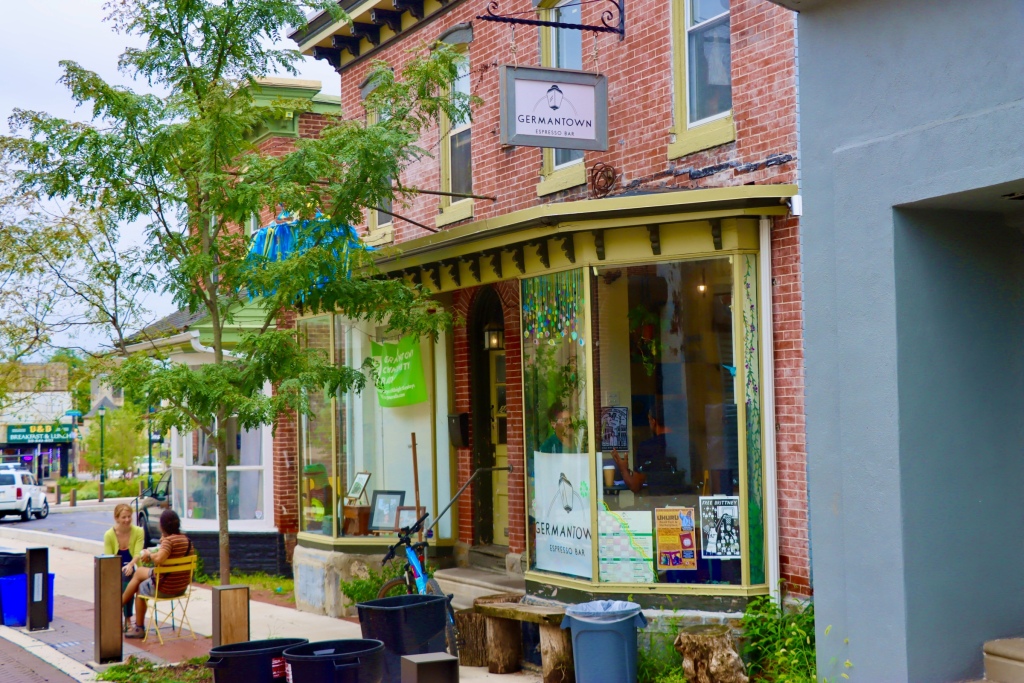
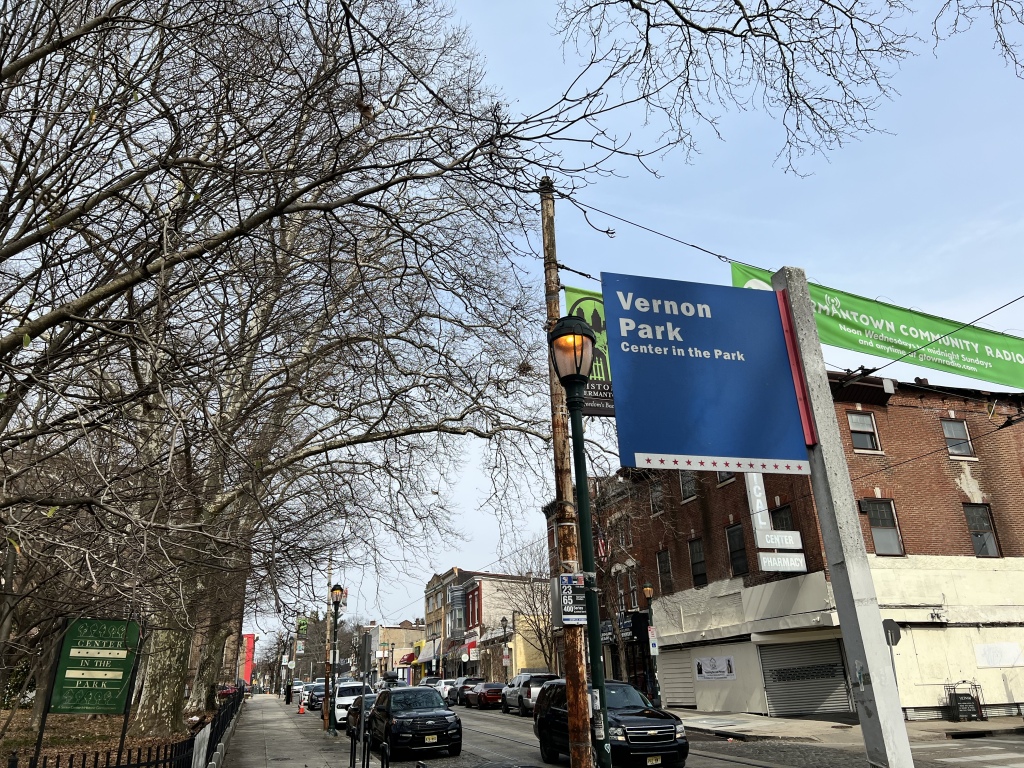
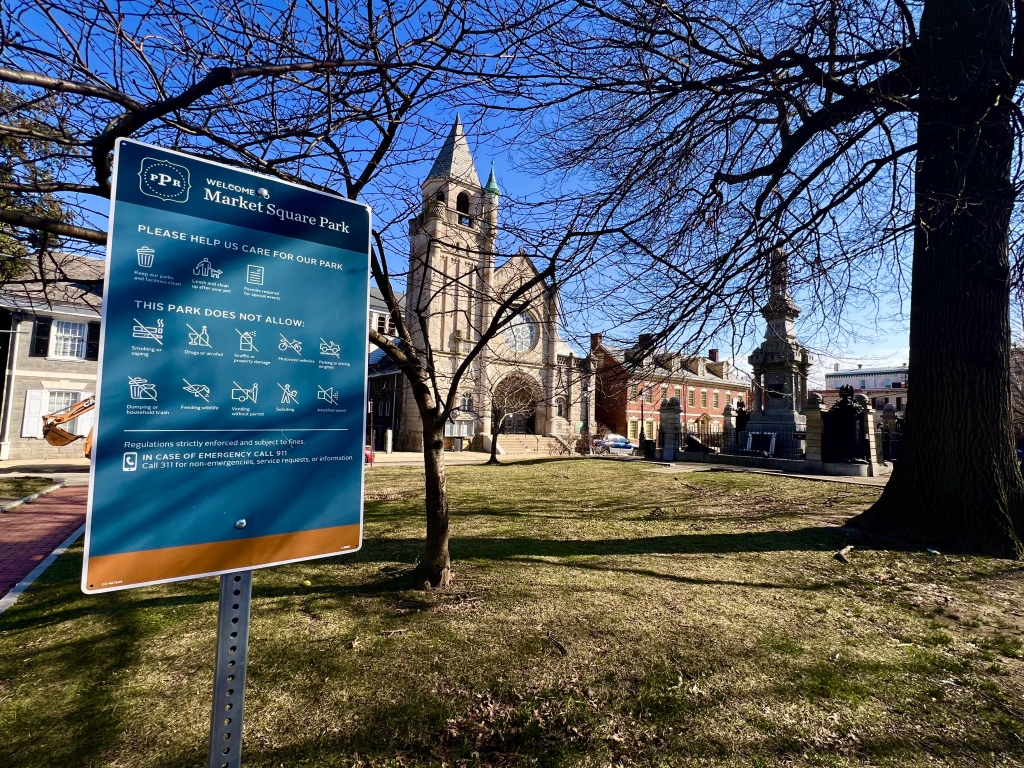
Folks like Evangeline “Van” Brooks say that Germantown’s third spaces, with their welcomeness and creativity, are “unmatched” compared to some parts of the city.
As a Black Trans woman, the sense of safety and affinity is essential to Brooks. The sense of “belonging” she felt from one of Philly’s most popular third places, Uncle Bobbies, has transcended just being a supporter of the space and, now, the Cafe Manager.
“Other Black Trans people in this space [can] experience a Black Trans woman in leadership in this space; I think it shifts people’s ideas of what is possible, right? For them or for other people.
For many, like Brooks, seeing themselves reflected in the leadership and operation of a space is just as important as the area itself. This doesn’t hold just for the places we want to socialize in but in other realms, too, whether consuming media, consulting with your doctors, or even how one engages in politics.
And just as Green suggests, it’s not just the people but the environment or design of the space that matters. One article for Project for Public Places outlines why inclusive design — architecture that considers a design for all people — is essential.
The article’s authors, Katherine Peinhardt and Nate Storring, have five recommendations for a more intentional “well-designed” space. They include:
- Designing for folks of differing abilities
- Considering gender dynamics
- Have amenities for cultural activities
- Seeing spaces as storytellers
- Creating a space not centered solely on retail
In May, Black.Bird.Rising owner Chantelle Todman discussed the importance of third places and why, more than ever, there is a reemerging need for and activation of these spaces in communities, not just on a hyperlocal level but all over.
Their summary resonates with the overarching themes between conversations for this story: “We really are needing, as humanity, spaces for belonging and spaces that we can craft that are safer for exploration. And as a community, [to figure out] what liberation means to us. I think there’s so many rules around institutional spaces or structures, but these third spaces really allow us to play and explore and to connect with ourselves.”
Todman continued, saying, “I know there’s so much isolation, so much individualism, especially post-pandemic, in real ways that people have had to keep themselves safe. And I think when we’re together, we’re better.”
The potential decline of third spaces in communities isn’t just a loss of connection but has many potential long-term consequences. These include increased loneliness and declines in mental health, a decline in nonformal learning and exchange amongst cultures, and, as the pandemic helped make more visible, an economic impact on urban communities.
How can you show up for them? Each source says by doing precisely that — showing up. As a curator of these spaces and a goer, Chandler gives insight on ways to show up that don’t always mean patronizing.
“If you have a friend on the radio pitching on behalf of that space, [and] if you’re a photographer, using whatever skills and talent [you have] to contribute in a meaningful way,” she said. She makes the case that using your resources to highlight the places you love further supports their sustainability.
Third spaces are impactful and necessary for these Germantowners and undoubtedly many others. However, aside from the desired outcomes of discourse and connection, the recipe for achieving them is just as important. That makeup includes access, safety, and belonging–some of these sources confirm that Germantown is abundant.
And because this is a story about third spaces, it would feel more important to mention some places that cultivate magic and connectivity within our neighborhood. So, to end, here’s a growing list of third places around Germantown:
- Awbury Arboretum – 1 Awbury Road
- Black.Bird.Rising – 5838 Germantown Avenue
- Center in the Park – 5818 Germantown Avenue
- d’griot Community Gallery – 51 Maplewood Mall
- Fernhill Park – 4600 Morris Street
- First United Methodist Church of Germantown – 6001 Germantown Avenue
- Friends Free Library – 5418 Germantown Avenue
- Germantown Art & Sound (held within Our House Culture Center) – 6380 Germantown Avenue
- Germantown Espresso Bar (coming soon) – 6369 Germantown Avenue
- Germantown Farmers Market – 5501 Germantown Avenue
- Germantown Life Enrichment Center – 5722 Greene Street
- Holman Field – 6309 Cherokee Street
- Imperfect Gallery – 5539 Germantown Avenue
- Joseph E. Coleman Library – 68 W. Chelten Avenue
- Lonnie Young Recreation Center – 1100 E. Chelten Avenue
- Mallery Playground – 100 E. Johnson Street
- New Journey Christian Church – 1001 E. Chelten Avenue
- Pulaski-Zeralda Garden – 4539 Pulaski Avenue
- Salam Safe – 5532 Greene Street
- Ubuntu Fine Art – 5423 Germantown Avenue
- Uncle Bobbie’s Coffee & Books – 5445 Germantown Avenue
- Umoja House – 6338 Germantown Avenue
- Vernon Park – 5800 Germantown Avenue
- Wissahickon Trail – Entrance on Lincoln Drive & W. Rittenhouse Street
Is your favorite third place missing from this list? Email rasheed@resolvephilly.org to have it added.

